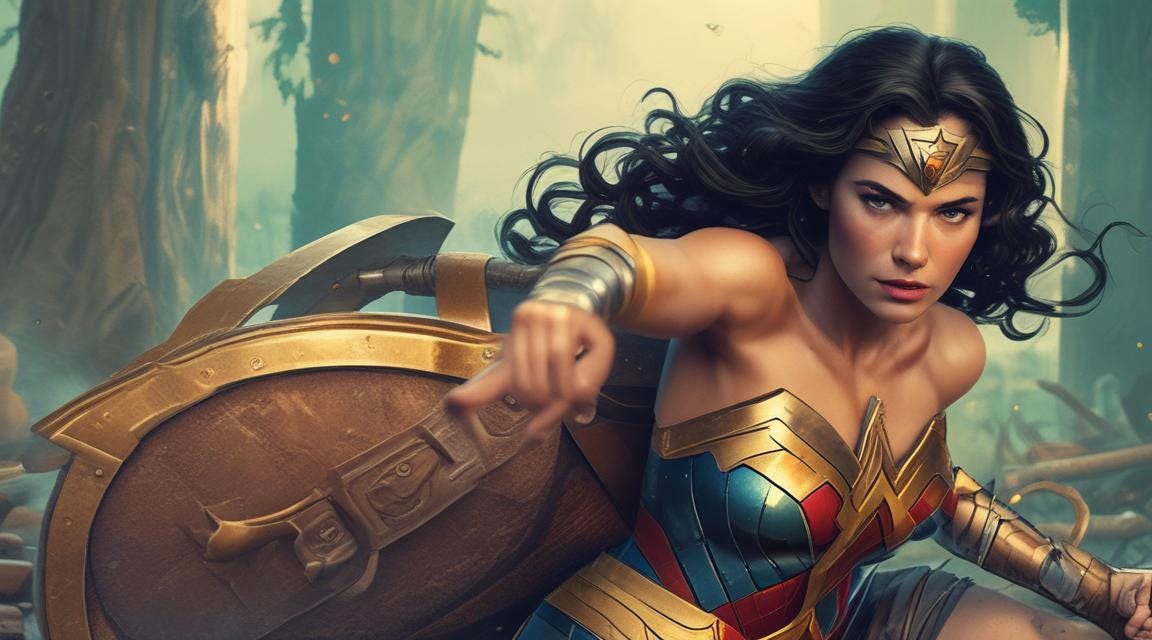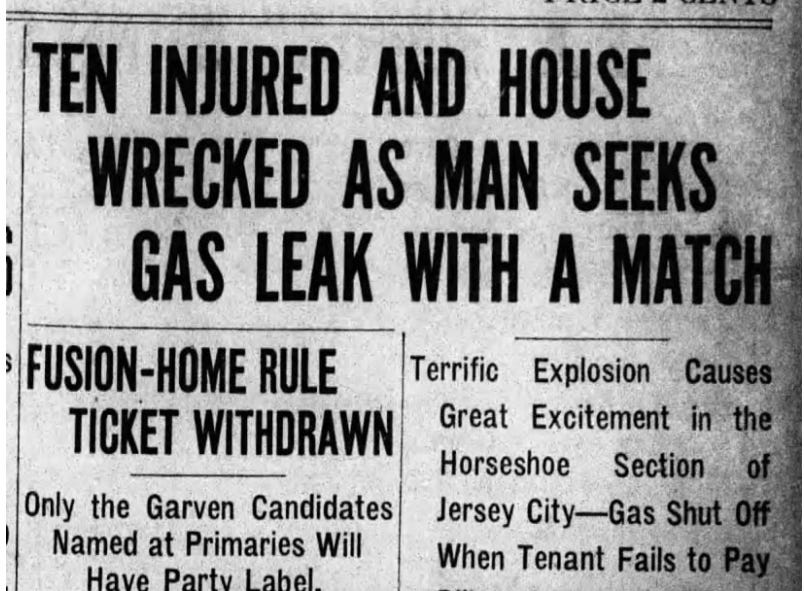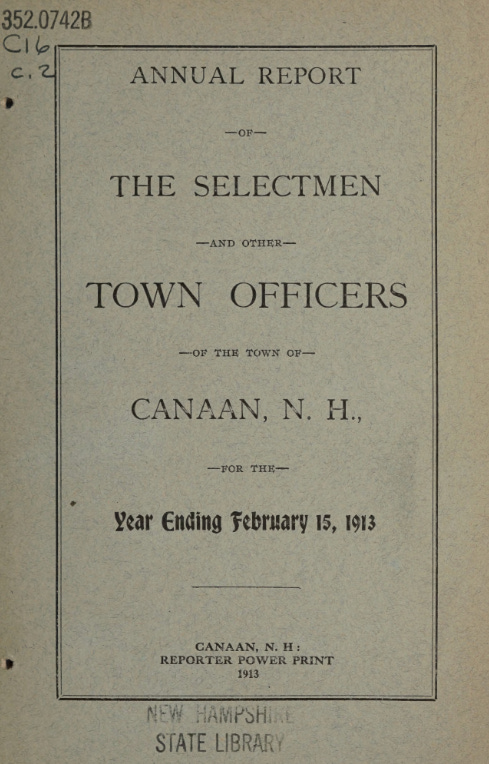
Here’s how it all started…Rooting Around, that is.
I was in a writing workshop, reading aloud a barebones biographical sketch of my grandmother’s early life from my memoir-in-progress, when one of the participants interrupted me.
I thought it was to comment on my sparkling prose and stunning insight.
But no.
“Where’d you find all that?” he asked instead.
“Find all what?”
“Everything. What did you already know, what did your family tell you, and what did you find in public records and documents?”
Good question.
When writing my biographies, I try to cram as many facts into each paragraph as I can. To me, this reveals character like nothing else. And since I wasn’t able to dive into the brains of Alex Trebek or Rachel Maddow during my research – all the subjects of my eight biographies refused to talk with me – I had to rely on facts so I could interpret their behavior and their decisions so I could convey their fears and emotions on the page.
It's a lot to ask, but you gotta work with what you got…
Here’s the passage in question:
My grandmother Lottie – born Anna Leokadia Kuczmarski – came from a musical family; she and her brothers and sisters frequently entertained at parties and at clubs around Jersey City, New Jersey.
In 1917, when she was 18 years old, Lottie was severely injured when a nearby gas explosion blew out all the windows within several blocks and she just happened to be walking by. She met Myron, her husband-to-be, a few years later when she was fresh off a bad marriage. Myron never became a citizen because he had stowed away on a ship heading for America and jumped off the ship at Ellis Island and swam to New Jersey before the authorities could catch him and send him back.
Lottie married him because his measly daily take made it easier to pay the rent on her dirt-floor shack, but mostly he lived out back in the chicken coop, partly to hide from the authorities but also because Lottie wanted him there, though honestly, there wasn’t much difference between the house and the coop.
So when I heard Where’d you find all that? it hit me that, duh, knowing how to research is my Superpower. In fact, I love the research stage of a book so much that it’s like pulling teeth to get me to progress to the actual writing.
At this point, diving deep – and frequently stumbling upon something no one else would know – is a finely-honed instinct. I don’t even think about it, I just dive in based on muscle memory.
Here, then is where each fact comes from:
My grandmother Lottie – born Anna Leokadia Kuczmarski [her marriage certificate]
…came from a musical family. [from my cousin Carol, based on her own research]
She and her brothers and sisters frequently entertained at parties and at clubs around Paterson, New Jersey. [I searched for “Keller Family” on Newspapers.com. Pro tip: ALWAYS use quotes around a phrase in an online search.]
In 1917, when she was 18 years old, she was severely injured when she was walking down the street when a nearby gas explosion blew out all the windows within several blocks. [The Jersey Observer and Jersey Journal, October 18, 1917. The article came up the third or fourth time I searched for “Lottie Keller” on Newspapers.com…more on that in a few paragraphs.]
She met Myron her husband-to-be a few years later when she was fresh off a bad marriage. [Cousin Carol]
She married Myron because his measly daily take made it easier to pay the rent on her dirt-floor shack, but mostly he lived out back in the chicken coop, partly to hide from the authorities – he never became a citizen – but also because she wanted him there, though honestly, there wasn’t much difference between the house and the coop. [Cousin Carol]

This brief example shows how many sources are necessary in order to draw just a rudimentary sketch of part of a life. Of course, once you find one fact, you want to know more, which is why research can be like a dog chasing its tail. Then once you think you finally have everything neatly sewed up, a long-lost relative posts the result of a DNA test on 23andme.com, Ancestry.com uploads a slew of new documents, and Newspapers.com starts using AI to improve its search…which is why the article about Lottie and the gas explosion didn’t come up the first three or four times I searched.
Or perhaps a stranger has just spent her entire summer vacation scouring through century-old town reports at the state historical society, and posts about her discovery on Facebook which just happens to relate to your topic. Sadly, I once read somewhere that only a tiny fraction of one percent of paper records are available online, which can morph us into countless packs of dogs all chasing their tails.
In my case, it’s a real occupational hazard. After all, it has to end sometime, what with impatient editors and printer deadlines and me wanting to get paid. The sad truth is that if I were to start researching my biographies today, they would turn out to be different books, radically so in some cases.
The flip side is that websites die, links become defunct, and both celebrities and regular folk pay to expunge their early history from the Interwebs.
So. The bad news is: It never ends.
The good news? It never ends.
And with Rooting Around, I will use my Superpower to help you find what you’re looking for.







Lisa- I love the strength of the conclusion you’ve written here. Especially the paradoxical: “it never ends.” So true on so many levels, which you have painted here with your personal story and thoughtful words. I appreciate it.
A memoir type of genealogy article. Well done, Lisa. You have a knack for bringing life to talking about your own family. Mostly no one finds it interesting to hear people talk about their own family. But you made it work, the rarest of writing skills.